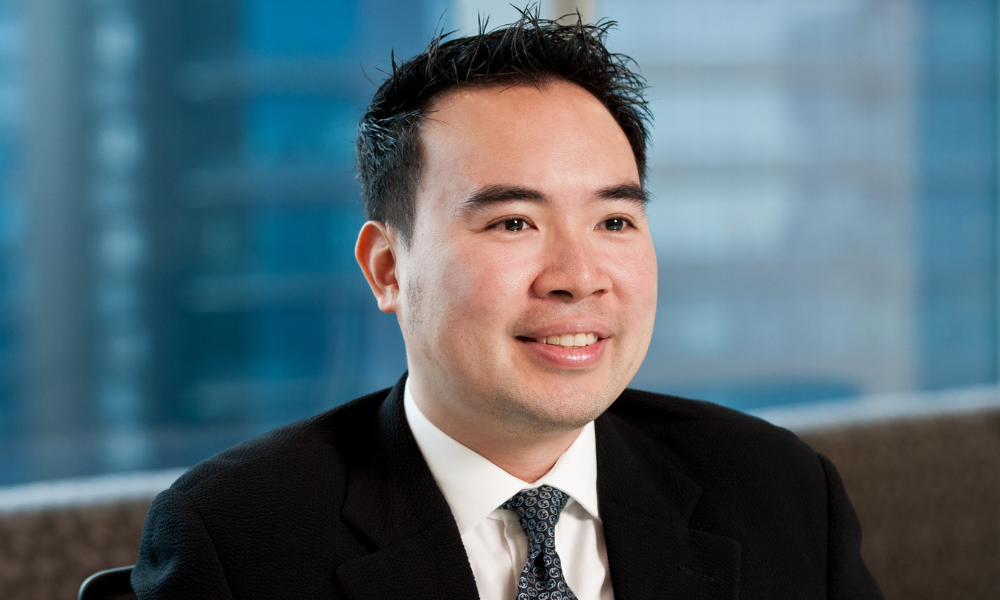Recommends one-off special lump sum payments, wage increases, variable payments for employees

To help address workers’ concerns about inflation and rising costs of living, the Singapore government is encouraging employers to give one-off special lump sump payments to employees.
These payments should give heavier weightage to lower and middle income employees, according to the Ministry of Manpower (MOM) in accepting the National Wages Council (NWC) 2023/2024 Guidelines.
The government is also calling on employers to reward employees with wage increases or variable payments that are fair and sustainable.
“While productivity has improved over the longer-term, economic headwinds and higher costs will adversely impact the prospects of some businesses. Hence, the government supports the differentiated wage guidelines for employers, based on the different performance and outlook of businesses.”
Employment growth slows
The labour market expanded in the first three quarters of 2023 despite the weaker economic outlook, said the government release. In 3Q 2023, total employment (excluding migrant domestic workers) increased, with employment growth for both residents and non-residents.
Retrenchments and unemployment rose, but unemployment rates remained low, said MOM.
“However, the pace of employment growth has slowed compared to a year ago, amid the global economic slowdown. Consequently, labour productivity, as measured by real value-added per actual hour worked, fell by 5.7% on a year-on-year basis in the first half of 2023, following a period of sustained improvement from 2016 to 2022 (2.7% per annum).”
Flexible Wage System encouraged
Given global economic uncertainties, the Singapore government is also keen for employers to implement the Flexible Wage System (FWS). Employers can refer to the FWS Guidebook which is available on MOM’s website to better understand how the FWS works and how to implement it.
The government also encouraged employers and employees to “press on” with business transformation and training in order to adapt to the changing environment and seize new opportunities. Employers can make use of various enterprise grants and jobs and skills programmes provided by Government agencies, as well as the Institute for Human Resource Professionals’ certification framework.
MOM also said the country must continue with the national effort to uplift lower-wage workers so that the social compact remains strong, and no worker is left behind as Singapore progresses.
“The NWC’s recommended wage growth for lower-wage workers balances business sustainability with meaningful wage increments for lower-wage workers and will bolster ongoing efforts to narrow the income gap.”
The 2024-2025 schedule of Occupational Progressive Wages (OPW) wage requirements will apply to about 64,000 full-time lower-wage workers in administrator and driver occupations, said the government. Of these, about 52,000 were earning below the stipulated 2024 OPW wage requirement in 2022, and can expect to see a wage increase from 1 July 2024.
The Ministry of Trade and Industry (MTI) has projected that the Singapore economy will expand by 0.5% to 1.5% in 2023. Looking ahead to 2024, MTI expects Singapore’s GDP growth to pick up modestly from the low base this year, although global economic uncertainties remain significant.








